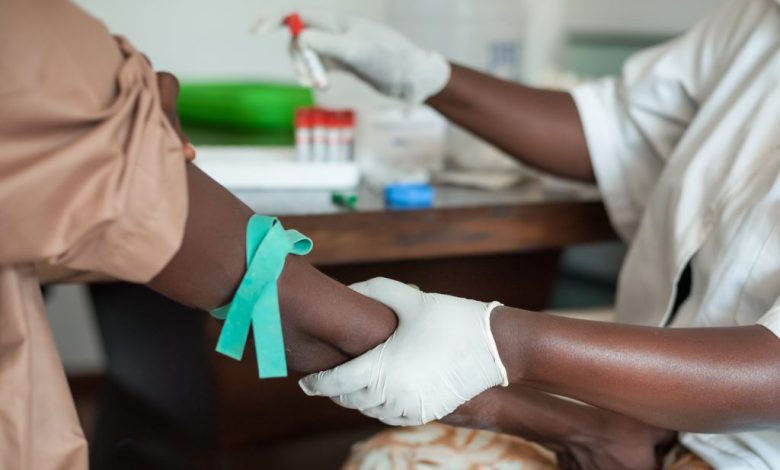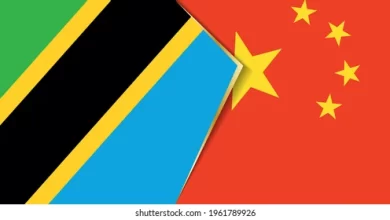Yes, Africa must fund, own its health future

FOR sure Africa’s health sovereignty can no longer be a vision left for the future, it must be a reality forged through deliberate and united action.
At a recent high-level African Union (AU) meeting on the sidelines of the United Nations General Assembly, where Tanzania was in attendance, one message stood out with clarity: Sustainable health financing, local manufacturing and collaborative preparedness are the cornerstones of a resilient Africa,
Tanzania inclusive. Dependency on external aid has long defined the continent’s public health landscape. While aid can serve as a lifeline, it often comes with limitations that hinder rapid response and self-determined solutions.
True resilience requires African-led financing models that are sustainable, innovative and rooted in the realities of the continent. Here, Tanzania advocating for mobilising domestic resources is not only a matter of pride, it is a necessity for survival in the face of emerging global health threats.
For that matter, this shift calls for more than just funding, it demands a reorientation of policy and political will. African nations must build regulatory frameworks that encourage investment in local pharmaceutical manufacturing, diagnostics and medical supplies.
ALSO READ: Africa CDC, Novo Nordisk partner with 5bn/- grant for NCDs surveillance
Such infrastructure ensures not only timely responses to outbreaks, but also safeguards the continent from global supply chain disruptions, as seen during the Covid-19 pandemic.
Equally critical is the call for stronger preparedness systems. Drawing from real-life outbreaks such as Marburg, the continent has learned painful lessons about the cost of being unprepared. Investments must be made in individual countries’ infectious disease units, rapid response capabilities and laboratory networks.
Regional collaboration through institutions like the Africa CDC and economic blocs is vital. Public health threats do not respect borders; therefore, neither should our responses. At the intersection of health and economic development lies opportunity.
Tanzania’s renewed focus on trade and investment-particularly in healthcare manufacturing, critical minerals and infrastructure demonstrates how a unified development strategy can support both economic growth and public health.
By positioning itself as a gateway to over 1.4 billion people via the African Continental Free Trade Area (AfCFTA), the country offers a model for how investment and health strategy can align. The potential in sectors such as clean energy, smart agriculture and digital finance is vast.
ALSO READ: TZ calls for African health sovereignty
Surging internet use and mobile money adoption show Africa’s capacity to leapfrog into a new economic era. These technological advancements must be harnessed to improve healthcare access, data collection and emergency response.
But none of this will happen without intentional partnerships. Public–Private Partnerships (PPPs), when structured for impact and sustainability, can unlock the capital and innovation required to fuel Africa’s transformation.
Countries across the continent must create enabling environments for these partnerships, offering legal frameworks that inspire confidence and long-term commitment.





